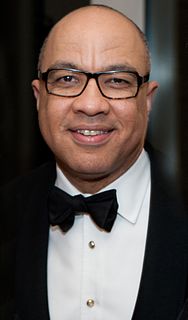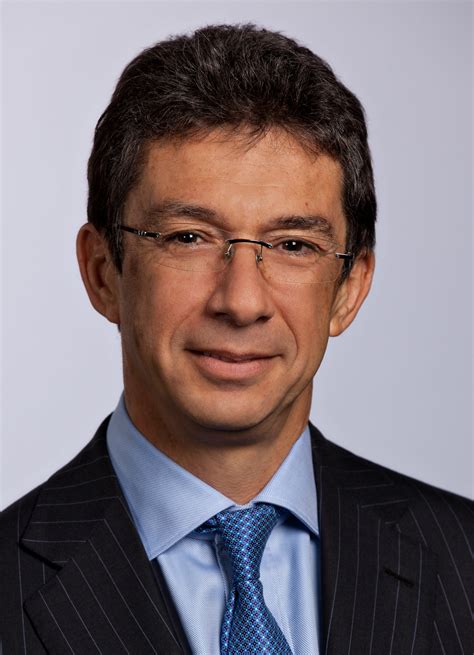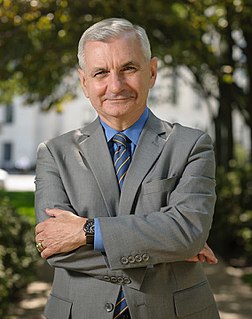A Quote by Thomas Friedman
America is the greatest engine of innovation that has ever existed, and it can't be duplicated anytime soon, because it is the product of a multitude of factors: extreme freedom of thought, an emphasis on independent thinking, a steady immigration of new minds, a risk-taking culture with no stigma attached to trying and failing, a noncorrupt bureaucracy, and financial markets and a venture capital system that are unrivaled at taking new ideas and turning them into global products.
Quote Topics
America
Anytime
Attached
Because
Bureaucracy
Capital
Culture
Emphasis
Engine
Ever
Existed
Extreme
Factors
Failing
Financial
Financial Markets
Freedom
Freedom Of Thought
Global
Greatest
Ideas
Immigration
Independent
Independent Thinking
Innovation
Markets
Minds
Multitude
New
New Idea
New Ideas
Product
Products
Risk
Risk-taking
Soon
Steady
Stigma
System
Taking
Them
Thinking
Thought
Trying
Trying And Failing
Turning
Venture
Venture Capital
Related Quotes
There are two sure ways to fail: never get started and quit before you succeed. Many companies promote the language of risk-taking and innovation but are so concerned with short term profit goals that their culture discourages innovation (trying new things) and abandons promising projects too soon. It shouldn't require exceptional moral courage to try new things and stick with them.
The source of innovation is freedom. All we have - new knowledge, invention - comes from freedom. Discoveries and new knowledge come from freedom. When somebody is responsible only to himself, [has] only himself to satisfy, then you'll have invention, new thought, now product, new design, new ideas.
The ideas which led to the Analytical Engine occurred in a manner wholly independent of any that were connected with the Difference Engine. These ideas are indeed, in their own intrinsic nature, independent of the latter engine and might equally have occurred had it never existed nor even been thought of at all.
The banks, because of mismanagement, because of huge risk taking, are now in very vulnerable positions. We can expect that we're gonna have to do more to shore up the financial system. We also are gonna have to make sure that we set up financial regulations so that not only does this never happen again, but you start having some sort of - trust in how the credit markets work again.
Shifting Philip Morris to the new a non-risk products doesn't mean that I will give market share to my competitors free of charge. In the markets where we are not present with IQOS yet or the other reduced-risk products, you still need to defend your share of the market. They still represent the bulk of our income, and so far they have financed the billions of dollars we have put behind these new products. But once we go national in a market, and absent capacity constraints, then you shift your resources and your focus to these new products.
But innovation is more than a new method. It is a new view of the universe, as one of risk rather than of chance or of certainty. It is a new view of man's role in the universe; he creates order by taking risks. And this means that innovation, rather than being an assertion of human power, is an acceptance of human responsibility.
At some point, that risk-taking private capital can take over, and have patents and trade secrets and things that let them lead the way, which happened with the steam engine and some other things, although with energy, the time of adoption is a lot longer than it is with, say, IT products or even medical advances, like drugs and vaccines.































